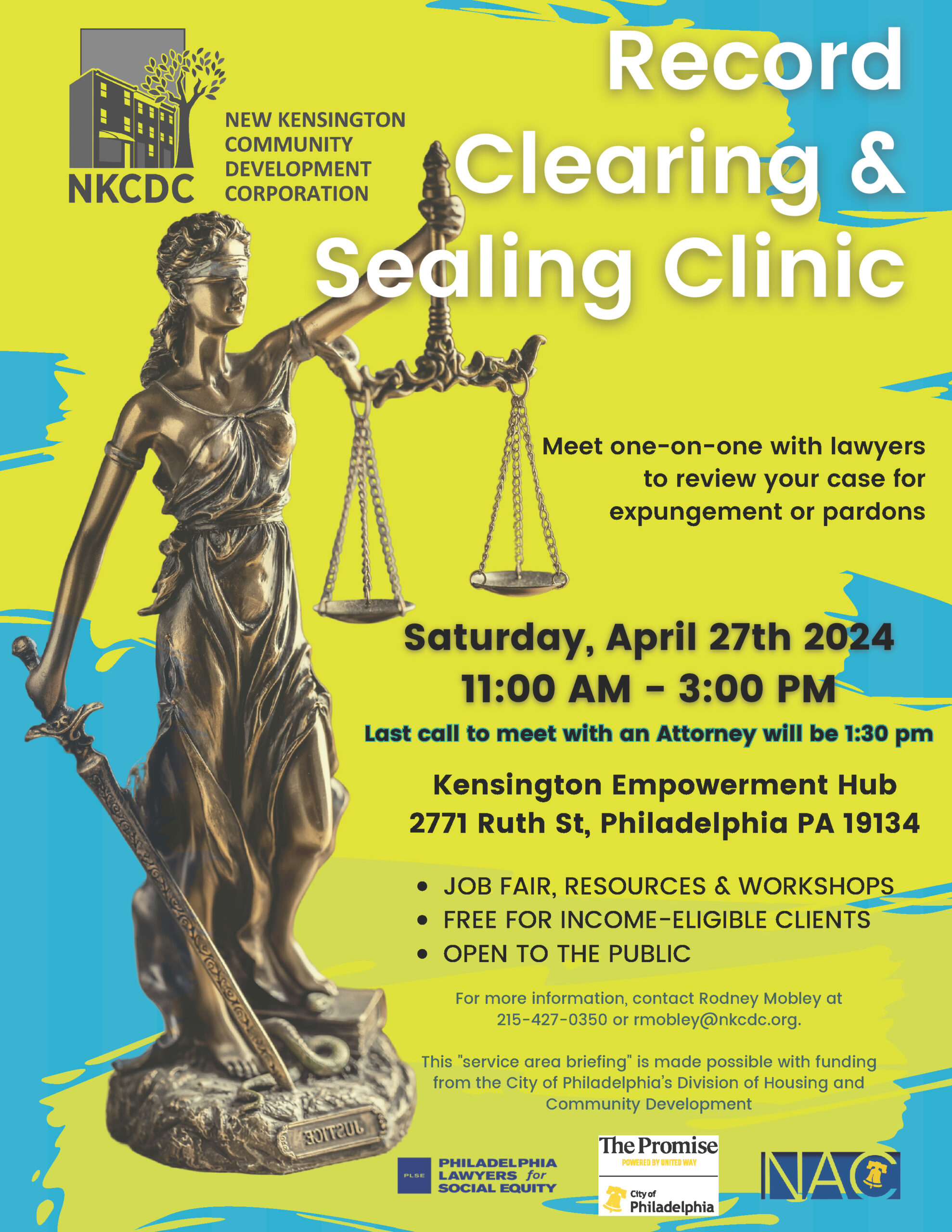
On June 1, 2021, Philadelphia Lawyers for Social Equity (PLSE) hosted a virtual town hall to discuss new data uncovered in their path-breaking reports on second-degree “felony” murder in Pennsylvania. PLSE Co-Founder Ryan Allen Hancock was joined by report author Andrea Lindsay, as well as panelists Lieutenant Governor John Fetterman, who commissioned the reports and chairs the Board of Pardons; House Democratic Leader Joanna McClinton; Lisette McCormick of the PA Interbranch Commission for Gender, Racial, and Ethnic Fairness; and Shawn Bushway of the RAND Corporation.
Watch a recording of the town hall and view the presentation slides summarizing major findings of PLSE’s reports below:
Panelists:
The Honorable John Fetterman – Lieutenant Governor and Chair of Board of Pardons, Commonwealth of Pennsylvania
The Honorable Joanna McClinton, Esq. – House Democratic Leader and Representative of the 191st District, Commonwealth of Pennsylvania
Lisette McCormick, Esq. – Executive Director, PA Interbranch Commission for Gender, Racial, and Ethnic Fairness
Shawn Bushway, PhD – Senior Policy Researcher at RAND Corporation
Moderator:
Ryan Allen Hancock, Esq. – of Counsel, Willig, Williams, & Davidson; and Co-Founder, Philadelphia Lawyers for Social Equity
With a presentation by Andrea Lindsay MSW, author of Life without Parole for Second-Degree Murder in Pennsylvania: An Objective Assessment of Sentencing.
Background on PLSE’s Audit on Second-Degree Murder in Pennsylvania:
There are over 1,100 people who are serving life-in-prison (more commonly known as life without parole, and increasingly, “death by incarceration”) sentences for second-degree “felony” murder in Pennsylvania. Pennsylvania is one of only two states that imposes a mandatory life-in-prison sentence for second-degree “felony” murder. Second-degree murder charges may be pursued when someone dies as a result of a felony, and it can apply to anyone involved in the felony in any way, including those who had no intent to kill, or even any idea that weapons would be involved.
Commissioned by Lieutenant Governor John Fetterman and funded by the Heinz Endowments, Philadelphia Lawyers for Social Equity (PLSE) has released two reports since February 2021 with the results of its audit of the population of people sentenced to spend the rest of their lives in prison for second-degree murder in Pennsylvania, sparking national dialogue and calls for reform from community members, leading criminologists, and elected officials alike.
Read PLSE’s Reports:
Testimonials on PLSE’s Reports on Second-Degree Murder:
“PLSE’s latest report highlights how an overly punitive law and its disproportionate application have kept too many young people of color from a second chance to rehabilitate and rejoin society, while costing taxpayers, their communities and their families too much. Reforming Pennsylvania’s felony murder statute is an important step in dismantling structural racism in our Commonwealth, and we should not wait.”
– Attorney General Josh Shapiro, Board Member, Pennsylvania Board of Pardons
“Those of us who work every day in the criminal justice system – prosecutors and defenders alike – have long struggled with the idea that judges and parole boards have the discretion to decide what penalty is right for people who have been convicted of some crimes, but not others. This study provides ample proof that this blanket approach doesn’t work.”
– T. Matthew Dugan, Esq., Chief Public Defender, Allegheny County
“Pennsylvania is emblematic of a state that applied tough-on-crime rhetoric to the detriment of finding smart-on-crime solutions. It ranks worst nationwide in its use of life without parole on youth and second worst in its use of life without parole for everyone else. It is clear that it is policies, not crime, that have led to these terrible rankings. PLSE’s study reveals that these people whom the law has sent to prison to die were overwhelmingly young when the crime occurred, are heavily geriatric now, and are costing the state millions despite their very low risk of ever again committing another crime. Hopefully these findings will be read far and wide by lawmakers and other decision-makers, not just in Pennsylvania, but around the country, and mandatory life without parole policies are sentenced to the dustbin of history.”
– Ashley Nellis, PhD, Senior Research Analyst, The Sentencing Project (Washington, DC)
“Life Without Parole for Second-Degree Murder in Pennsylvania carefully and thoroughly documents the injustice and fiscal waste of Pennsylvania’s second-degree murder statute. The ultimate solution is its replacement with a statute providing for a just punishment. In the meantime, the Board of Pardons should proactively use its powers to remediate the injustice of the present statue.”
– Daniel Nagin, PhD, Teresa and H. John Heinz III University Professor of Public Policy and Statistics, Carnegie Mellon University
“Justice is not blind to race. Pennsylvania’s uniquely over-broad use of life sentences impacts Black young men more than other demographic groups. This report demonstrates that it is high time we paid attention to the racial inequities in this ‘system of justice’ and do what we can – by the Board of Pardons and through the General Assembly – to make it a better system for all.”
– Claire Shubik-Richards, Executive Director, Pennsylvania Prison Society


